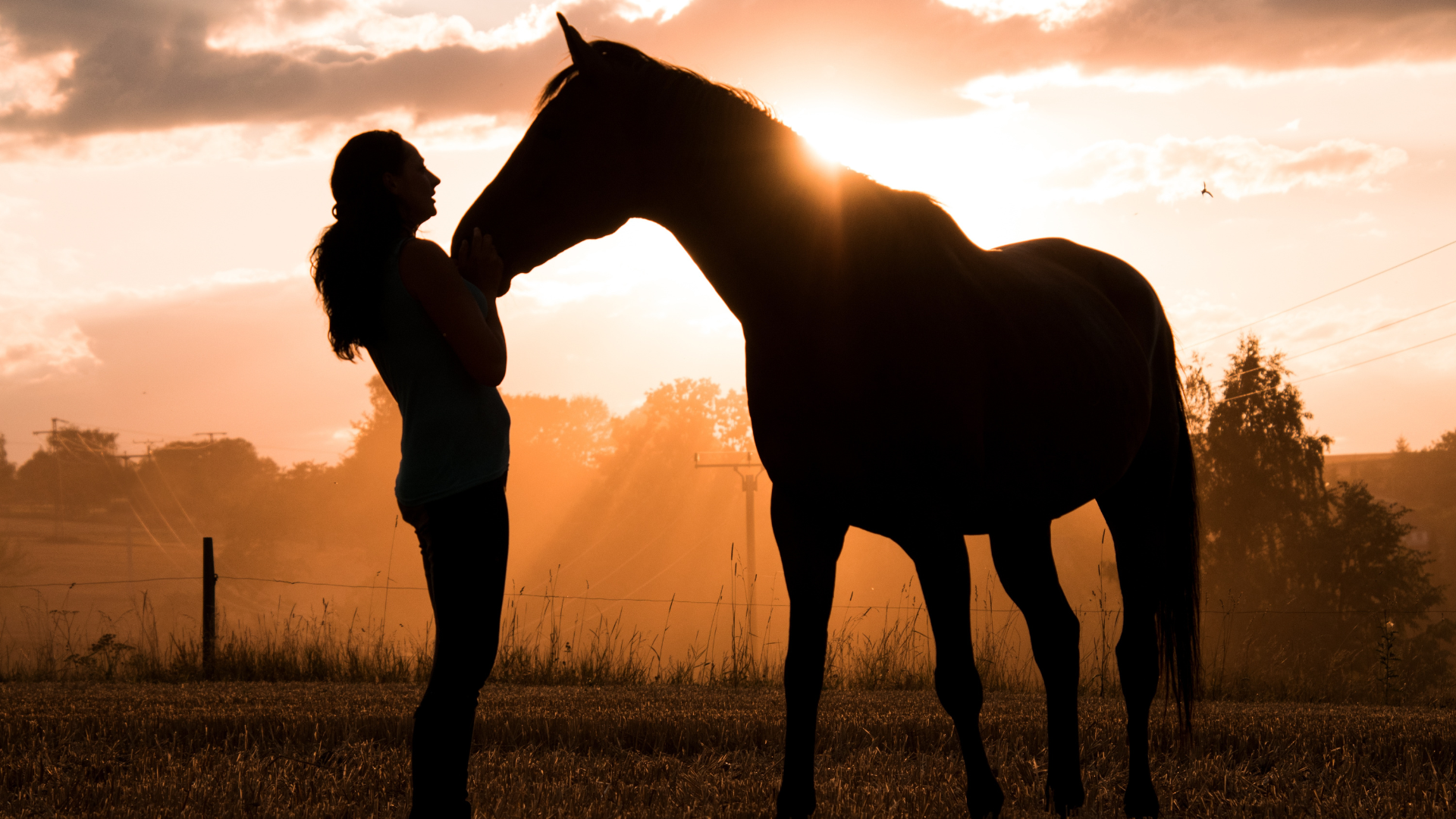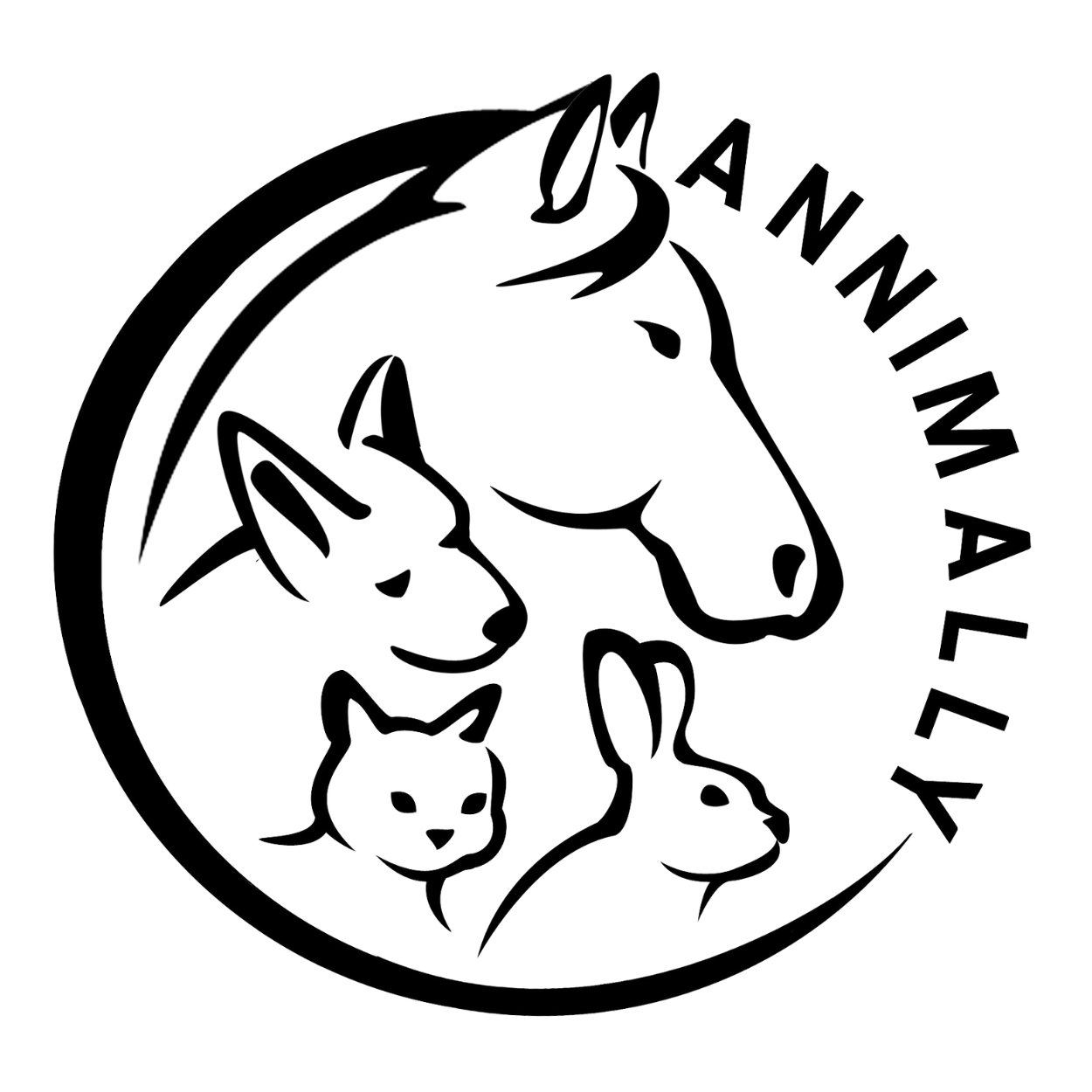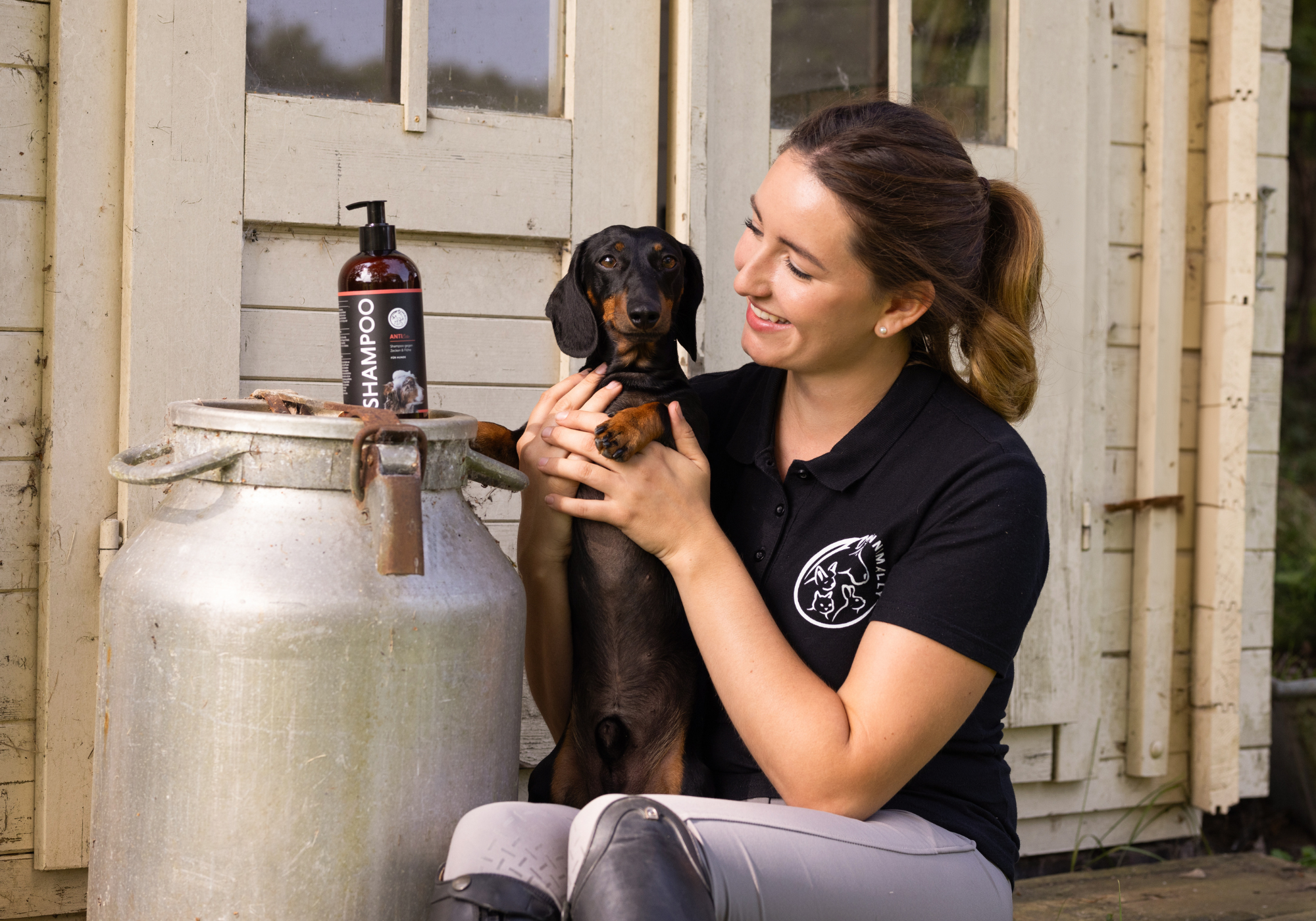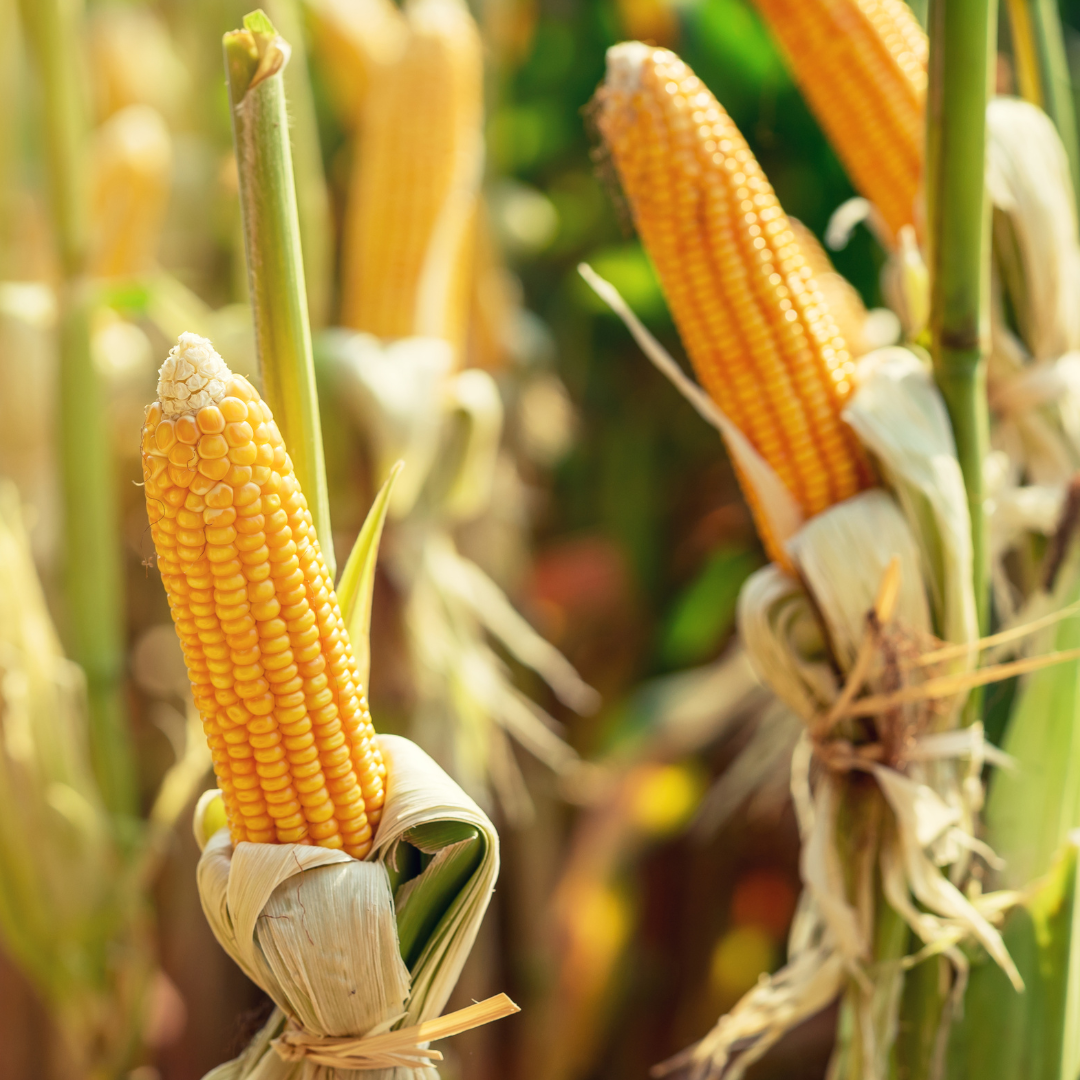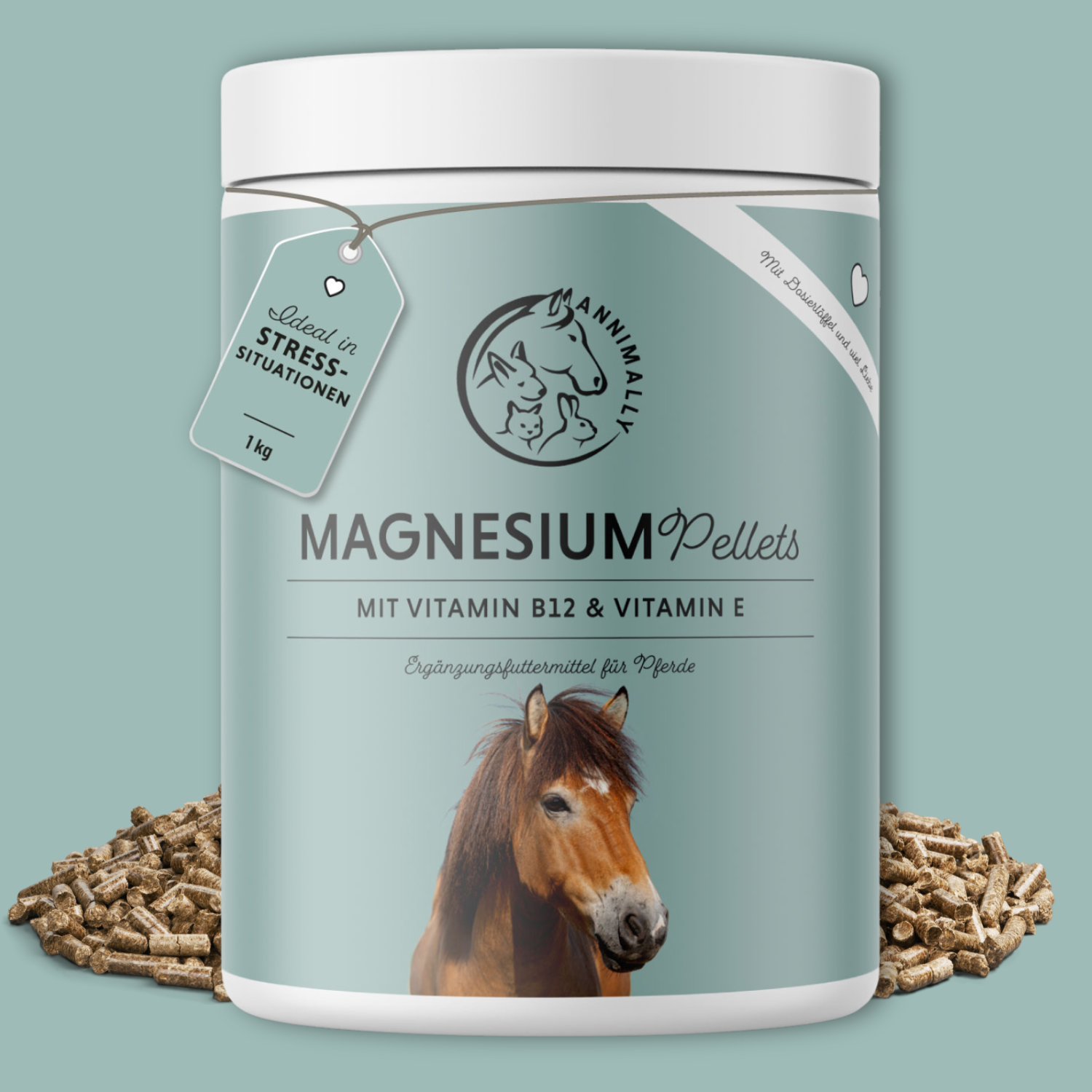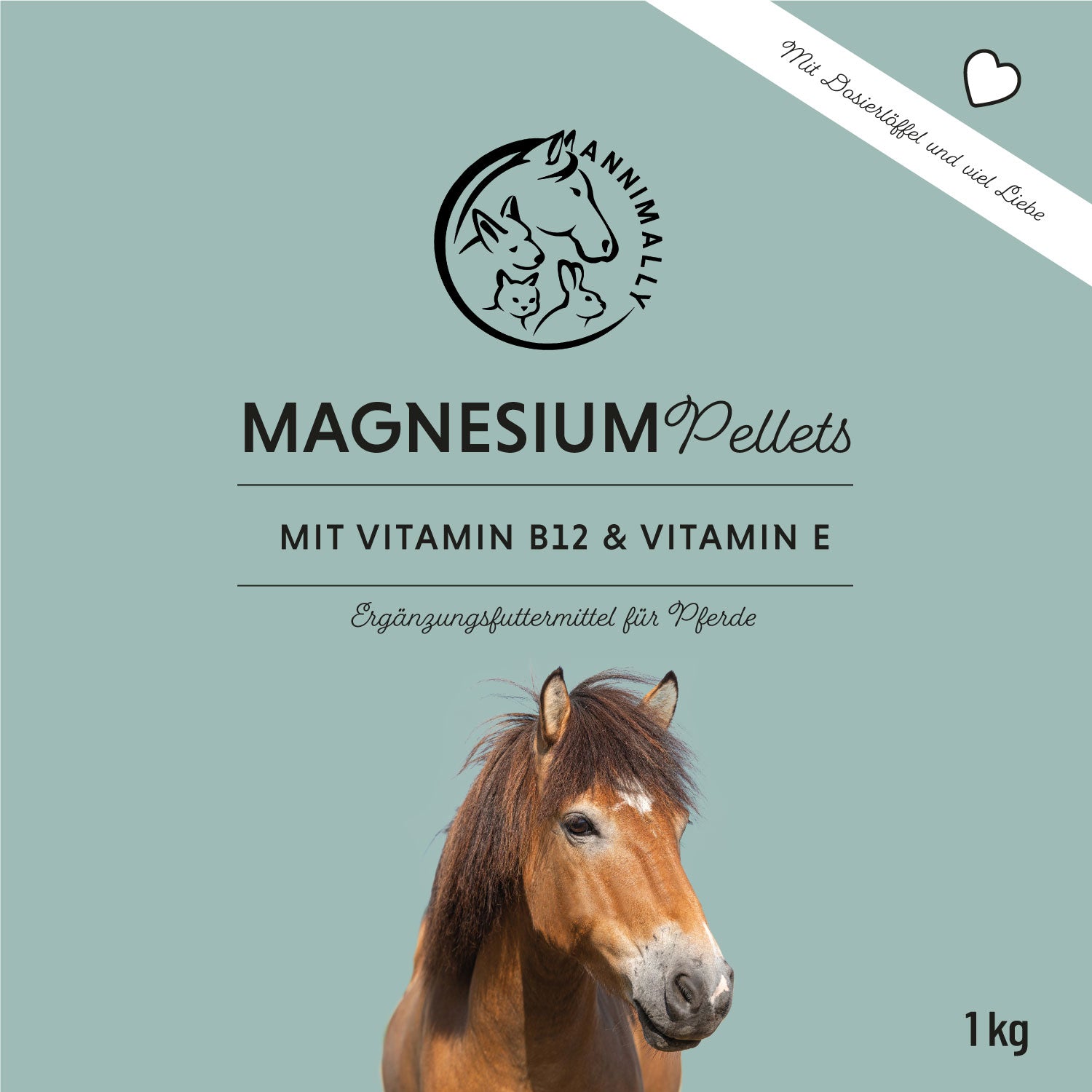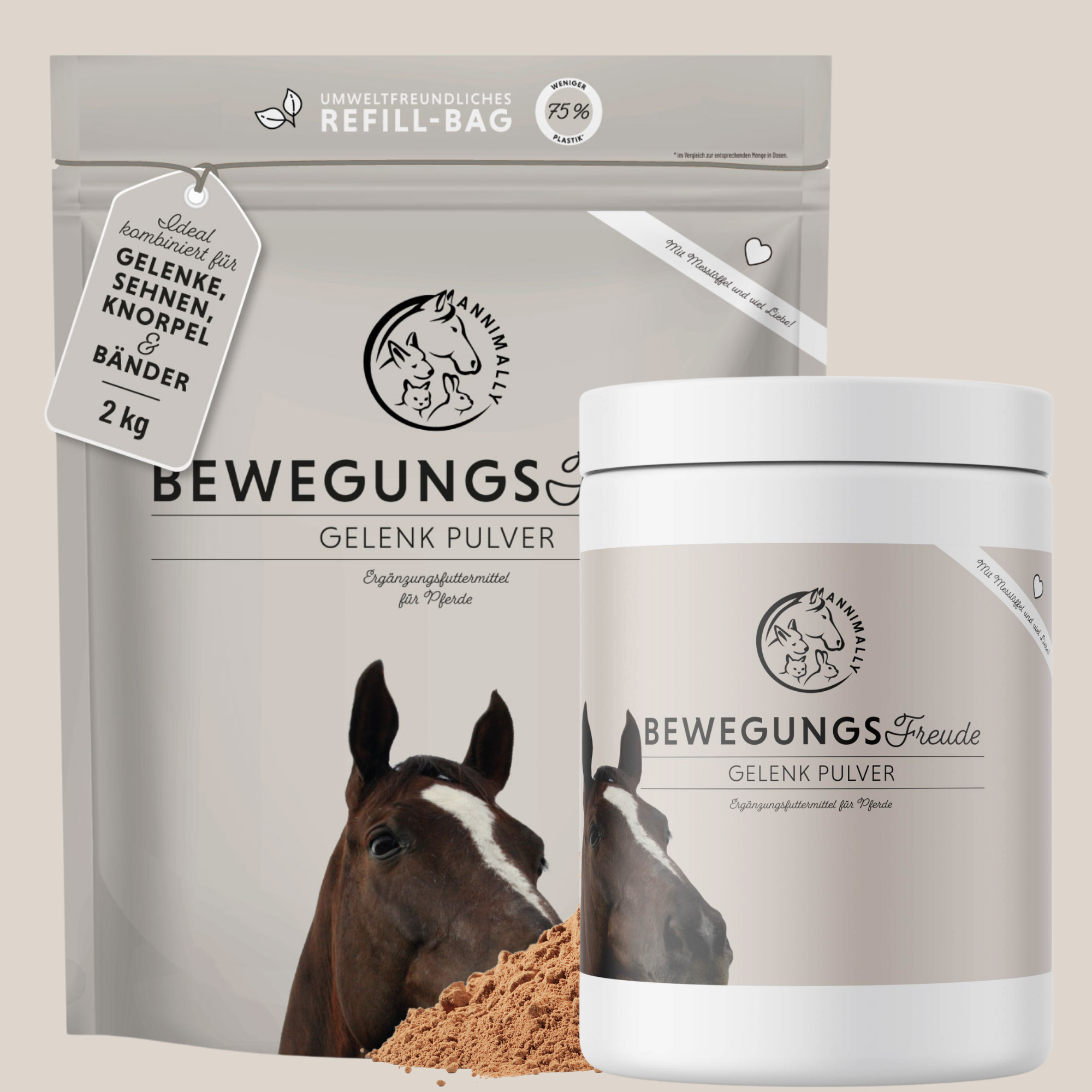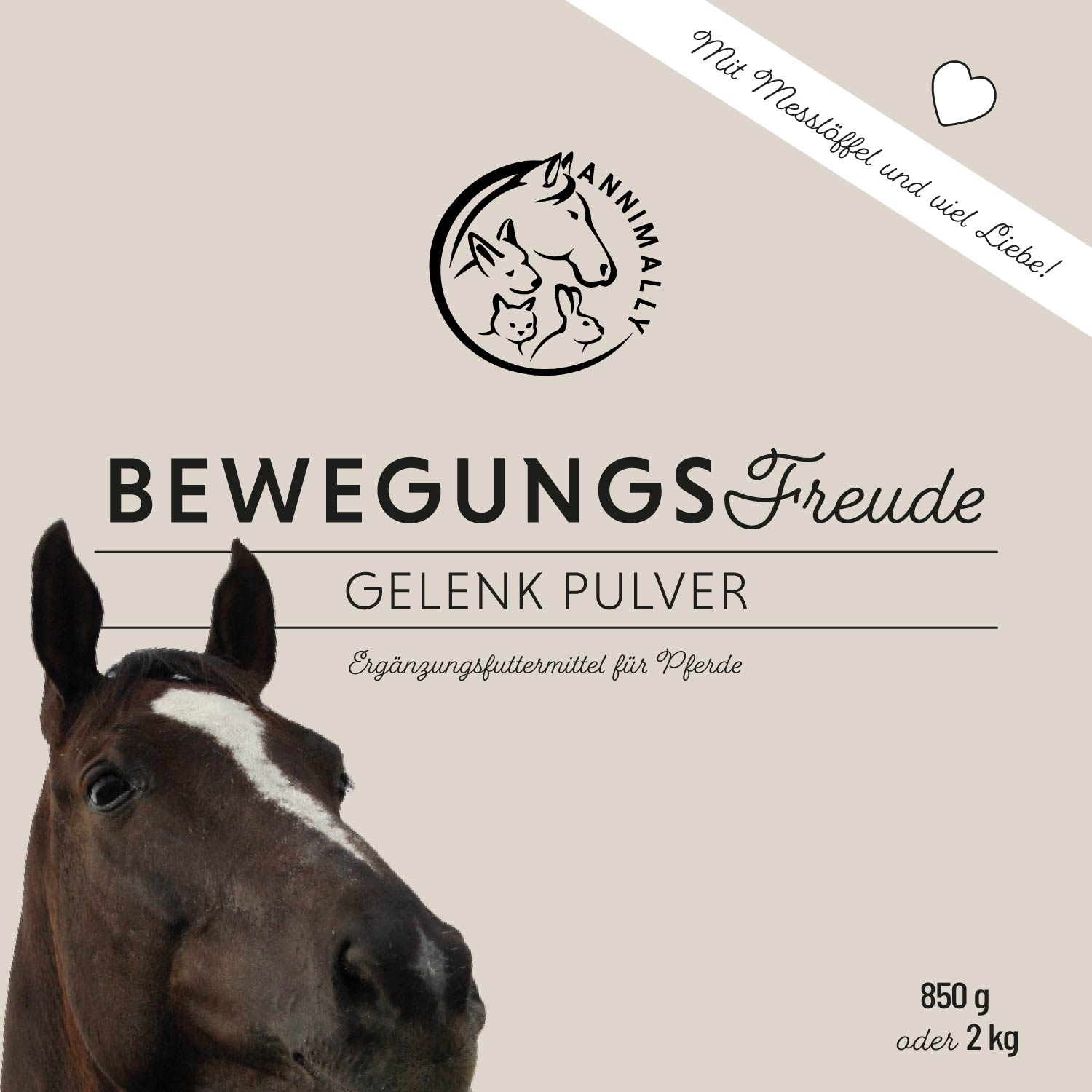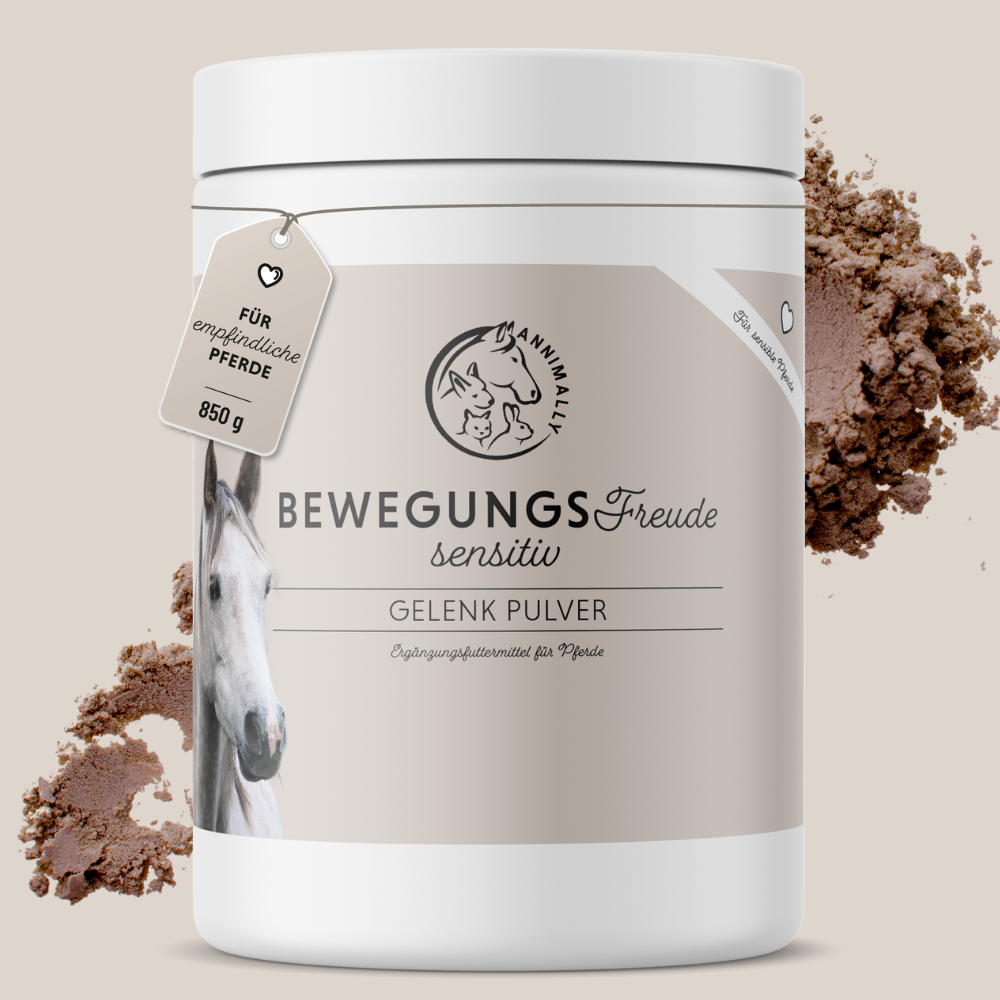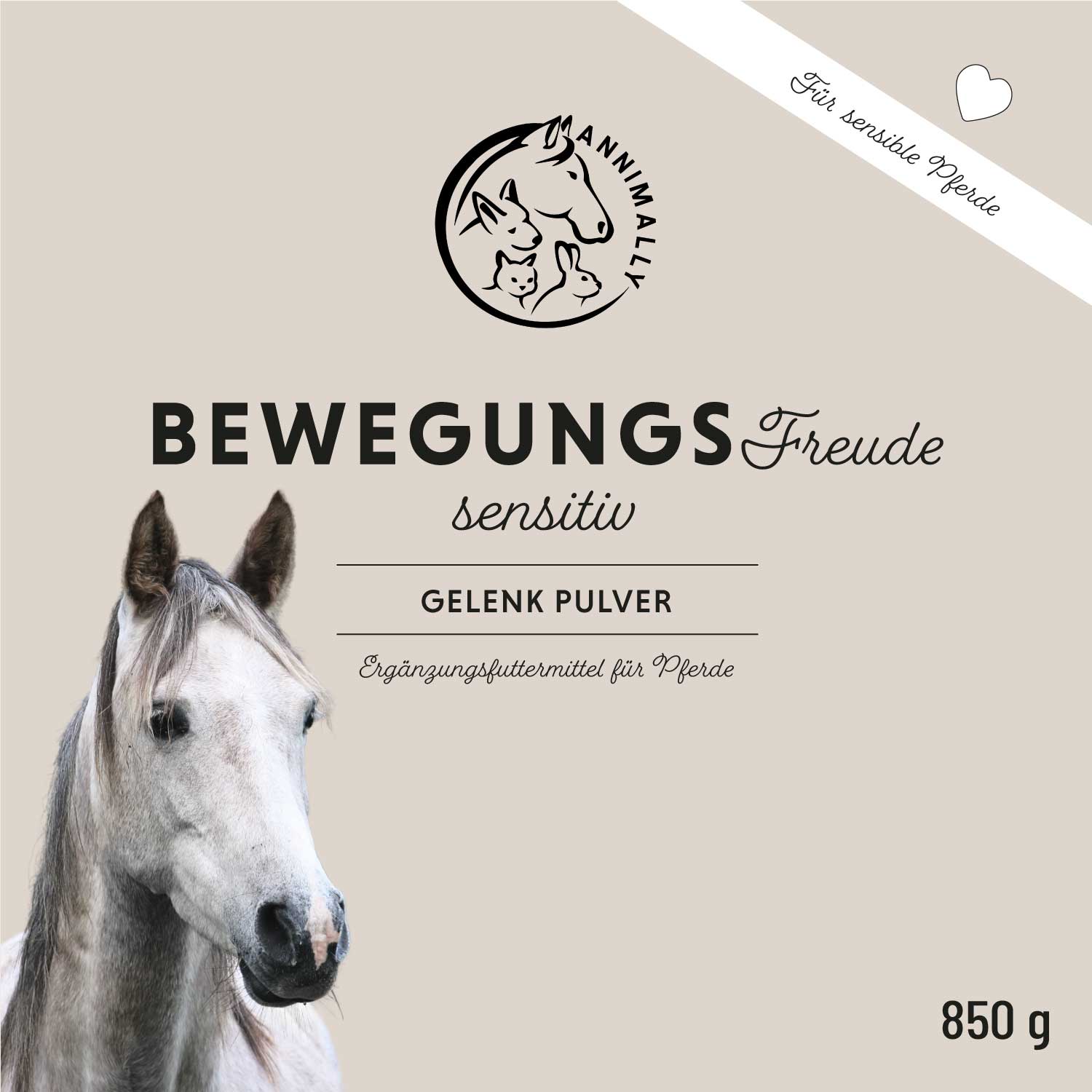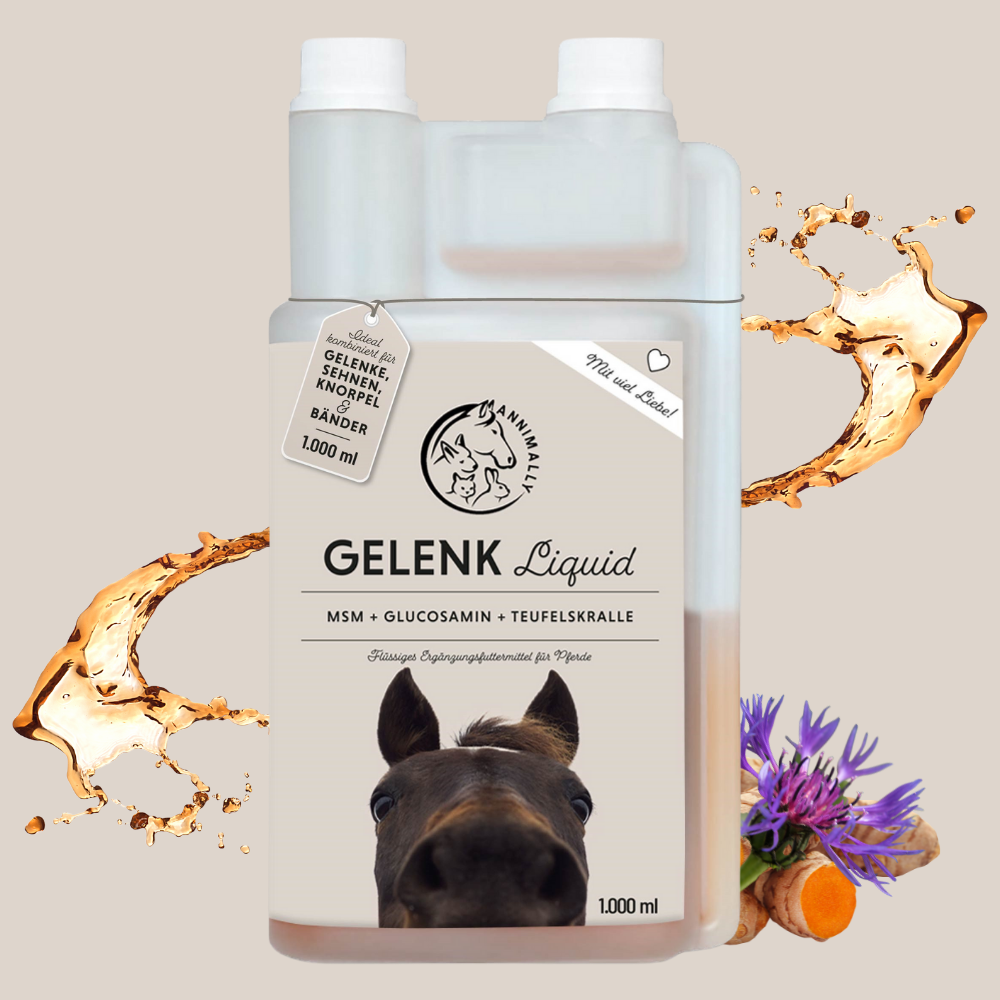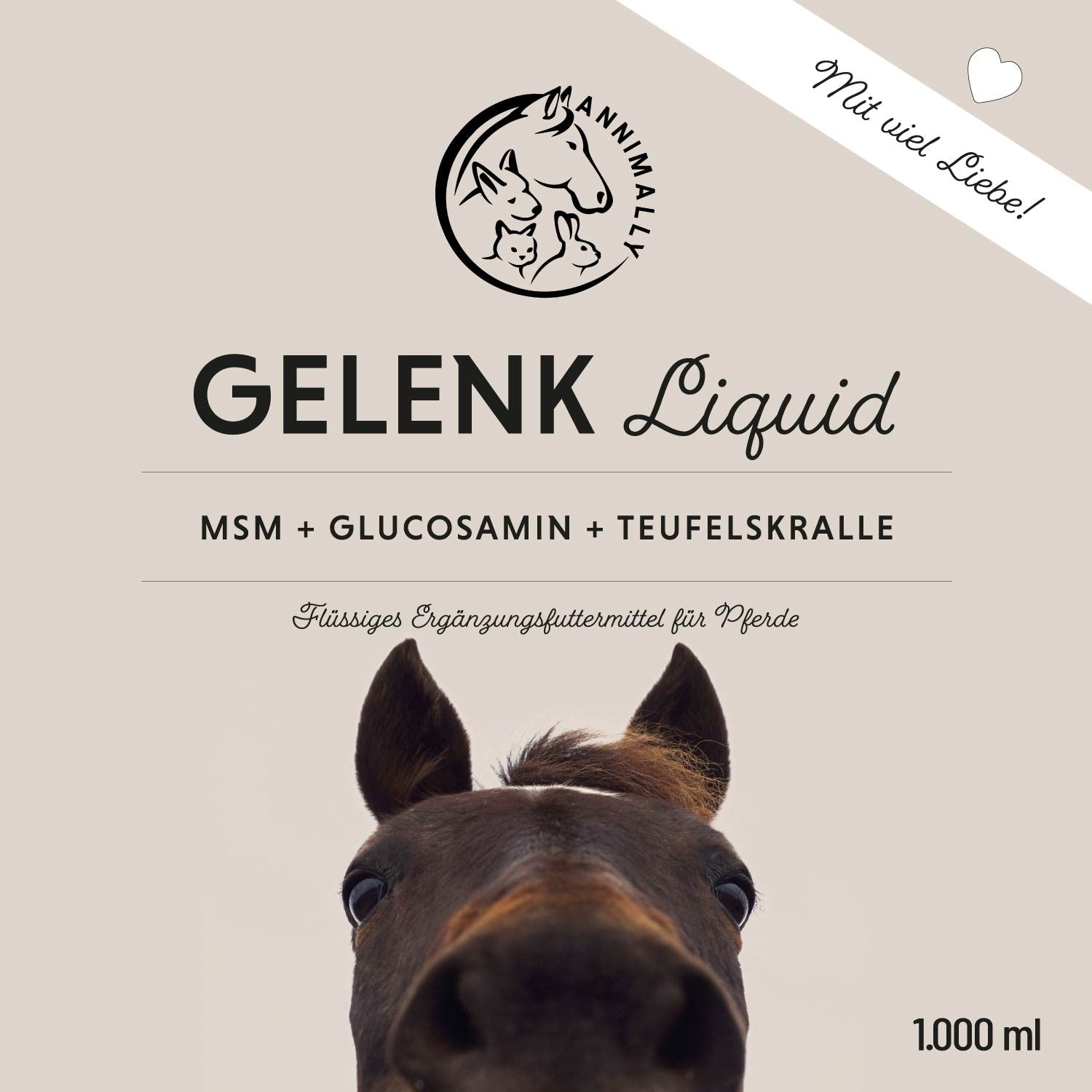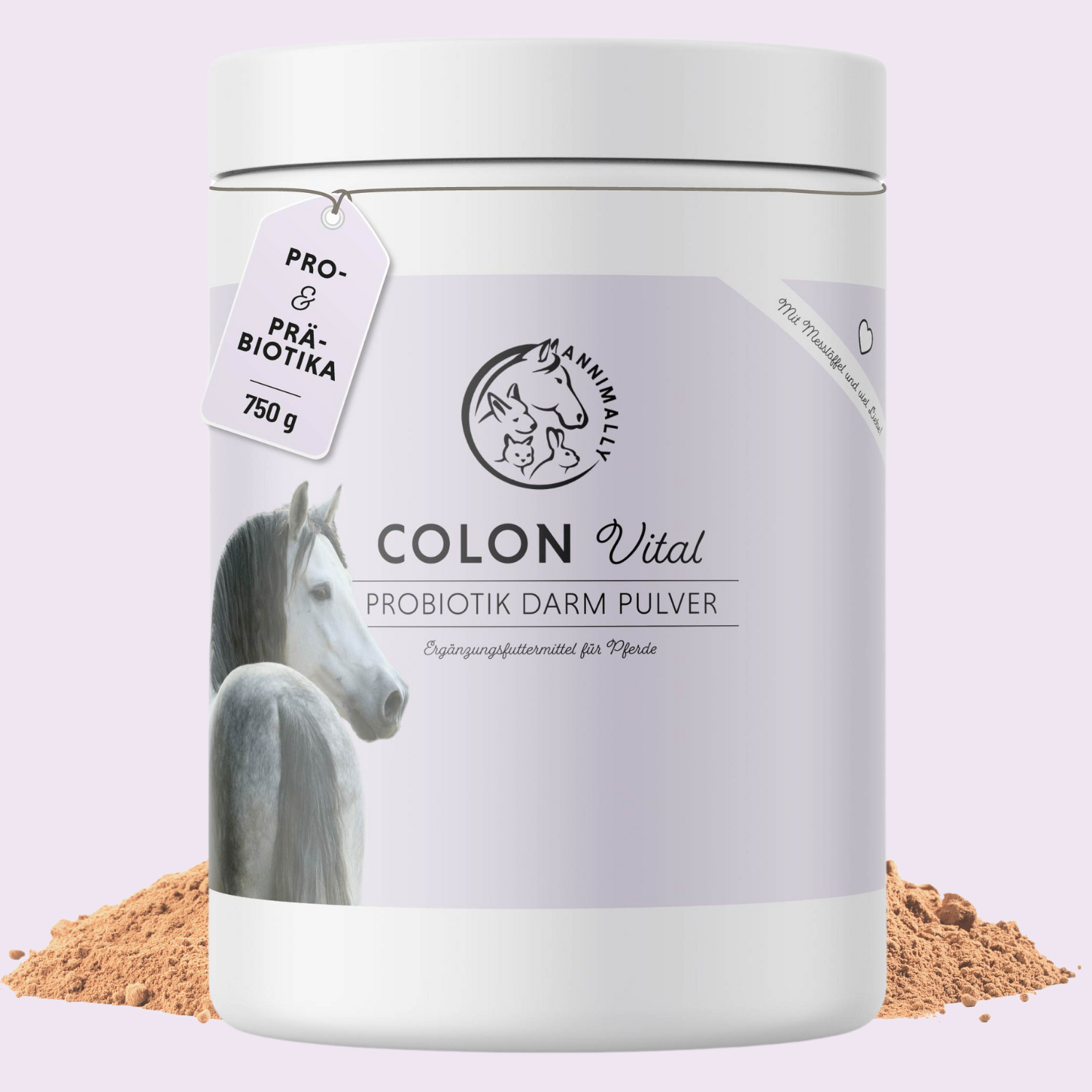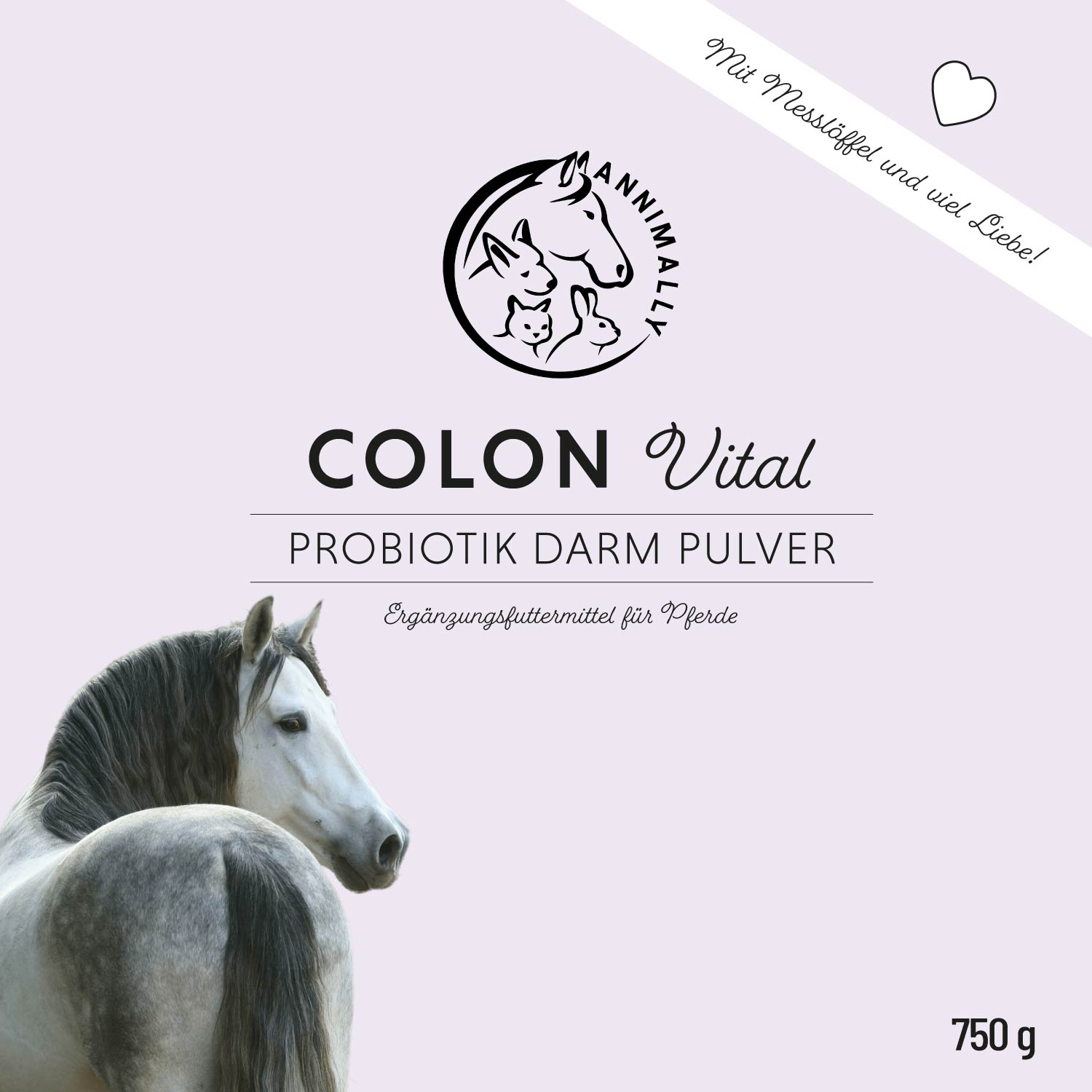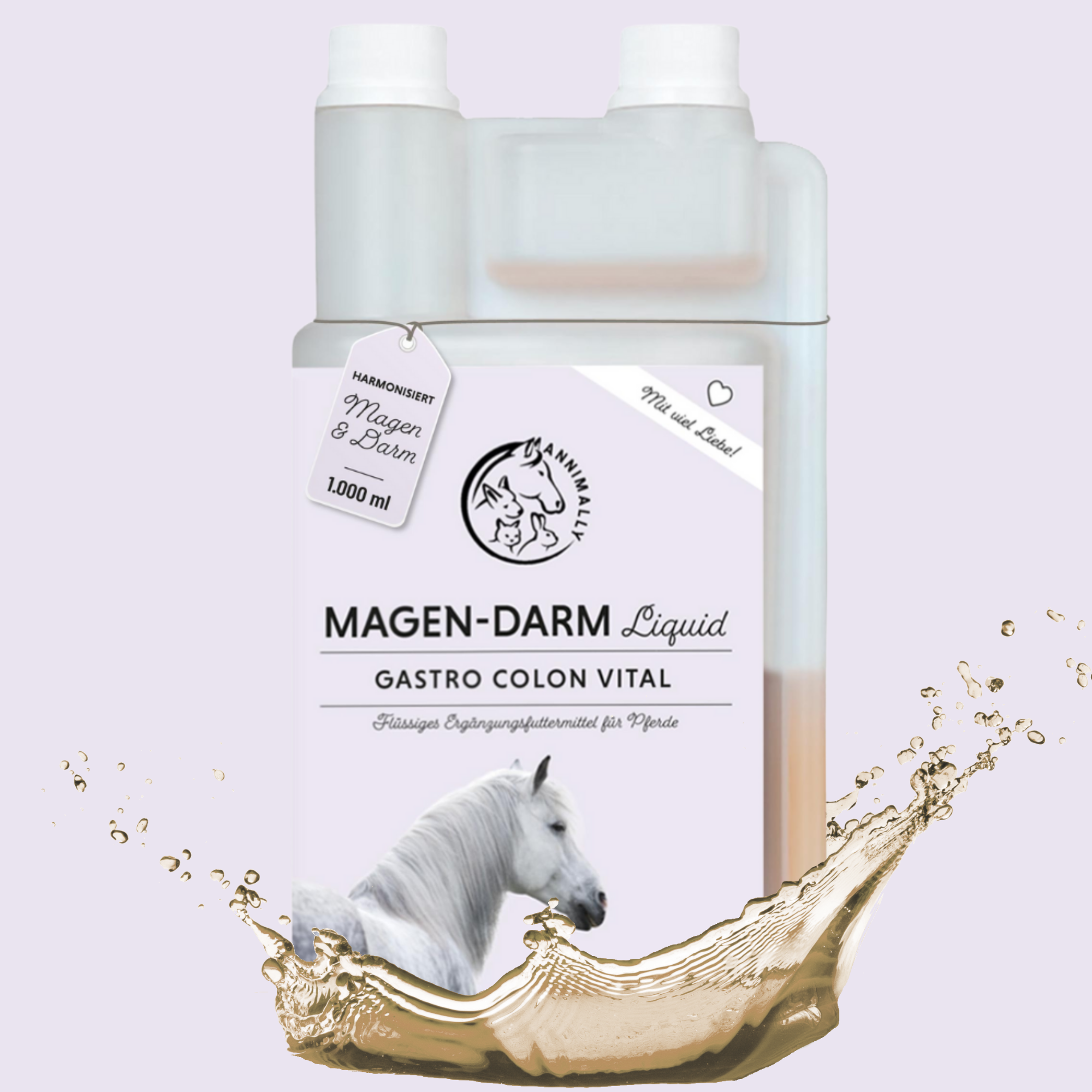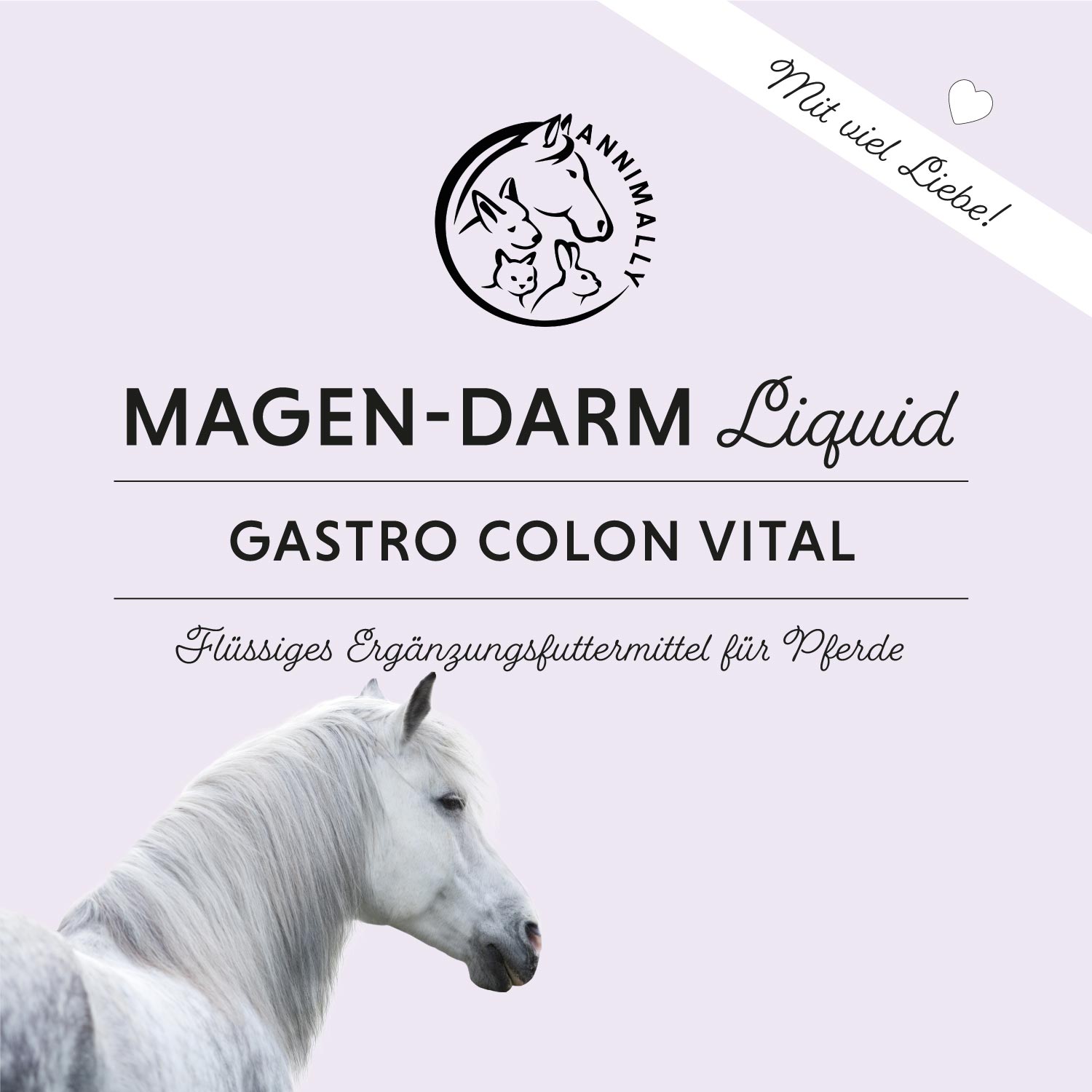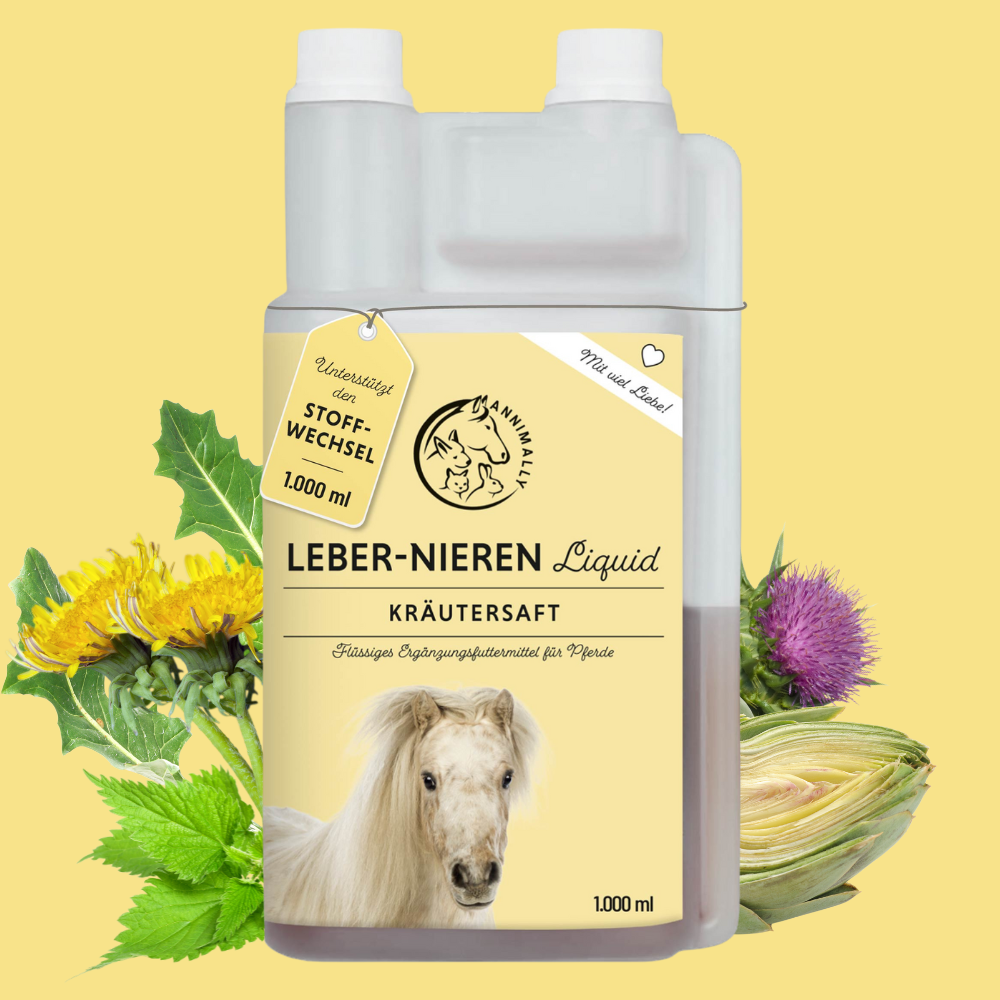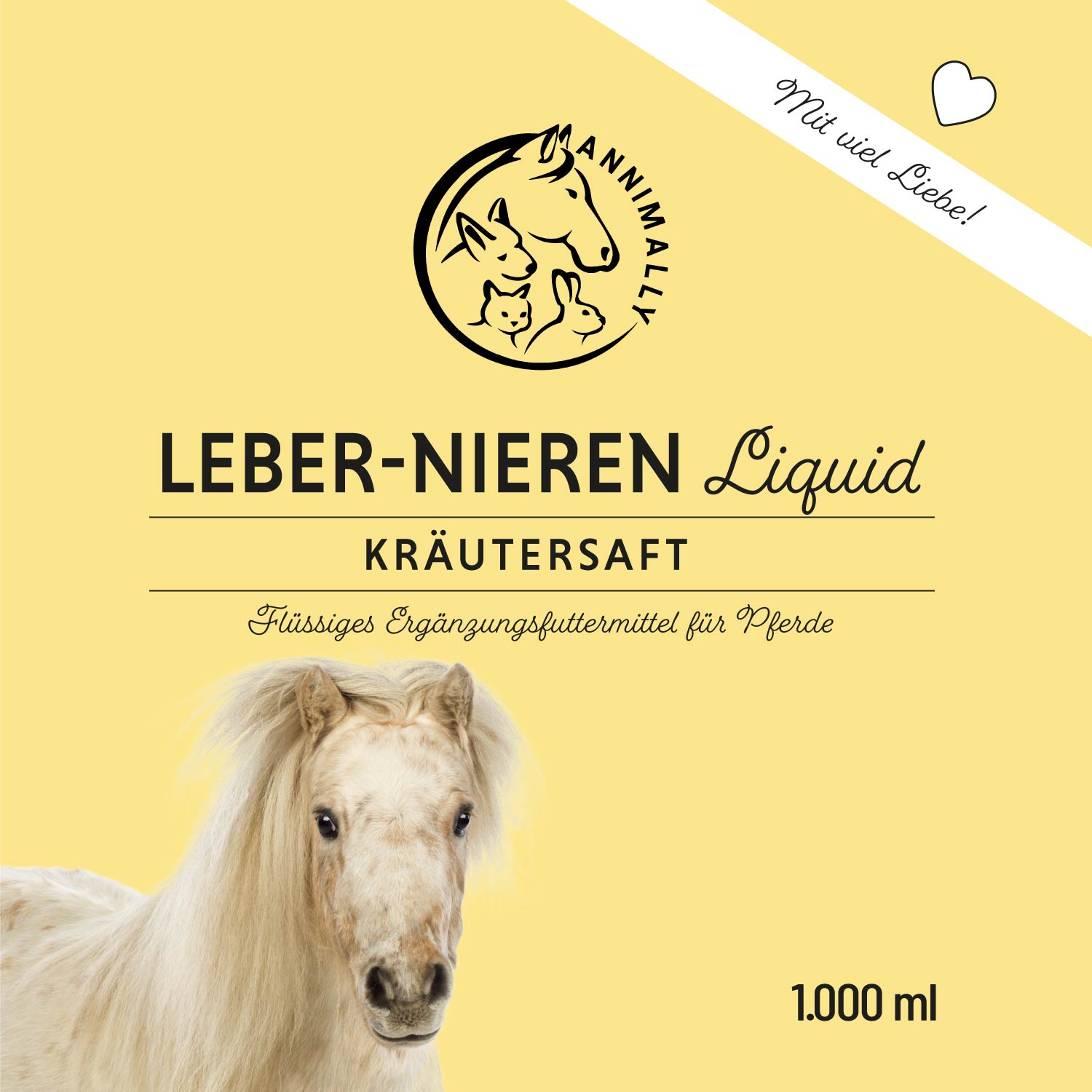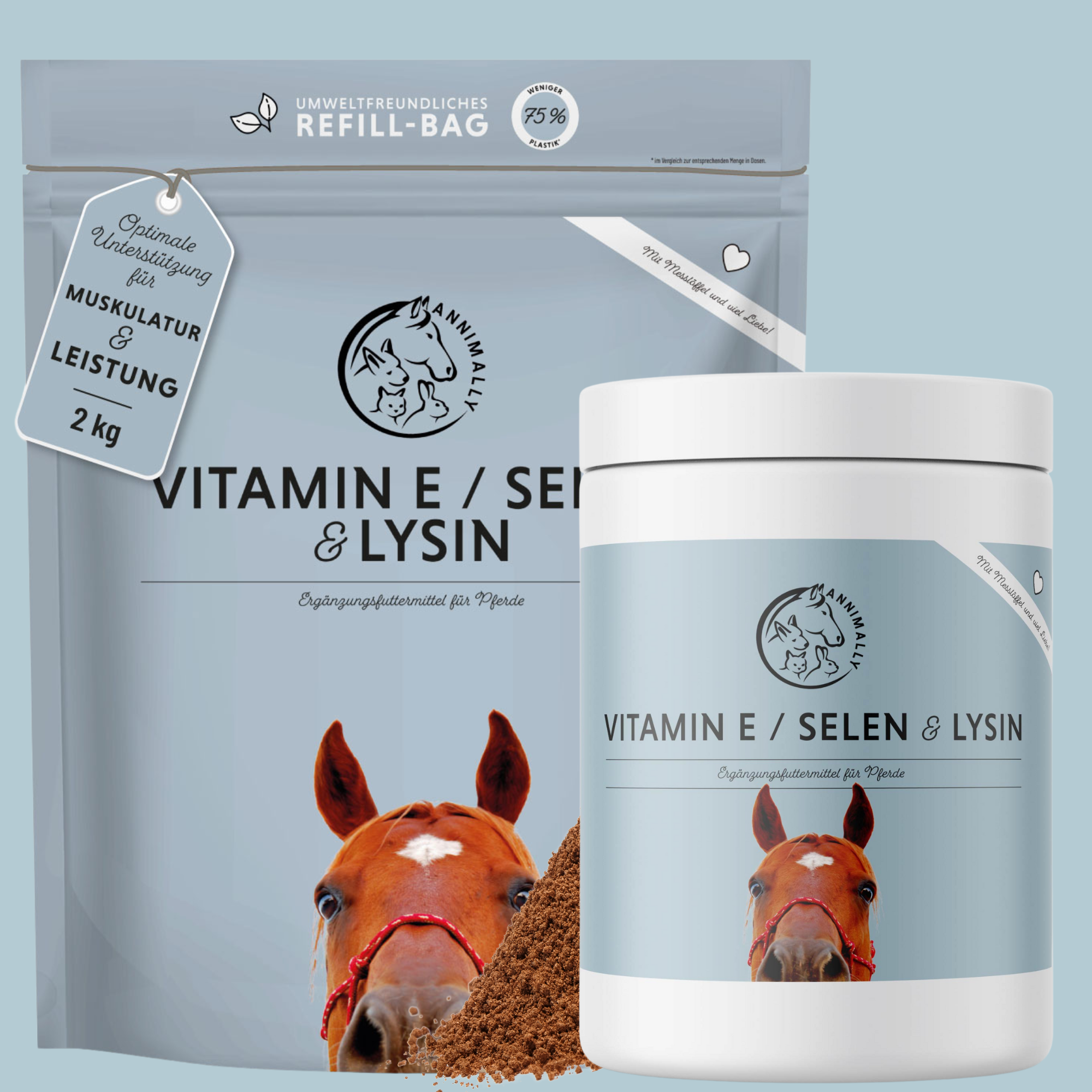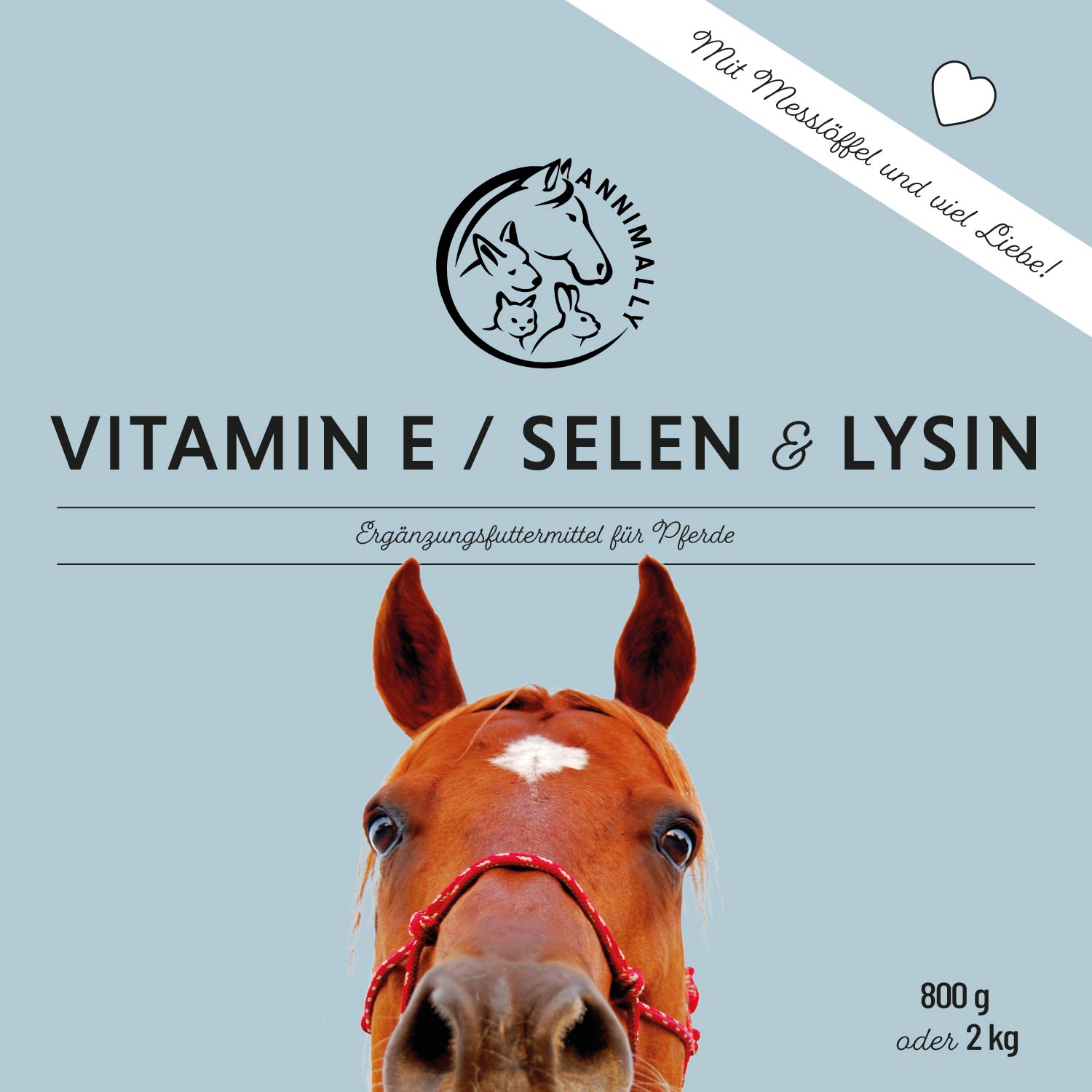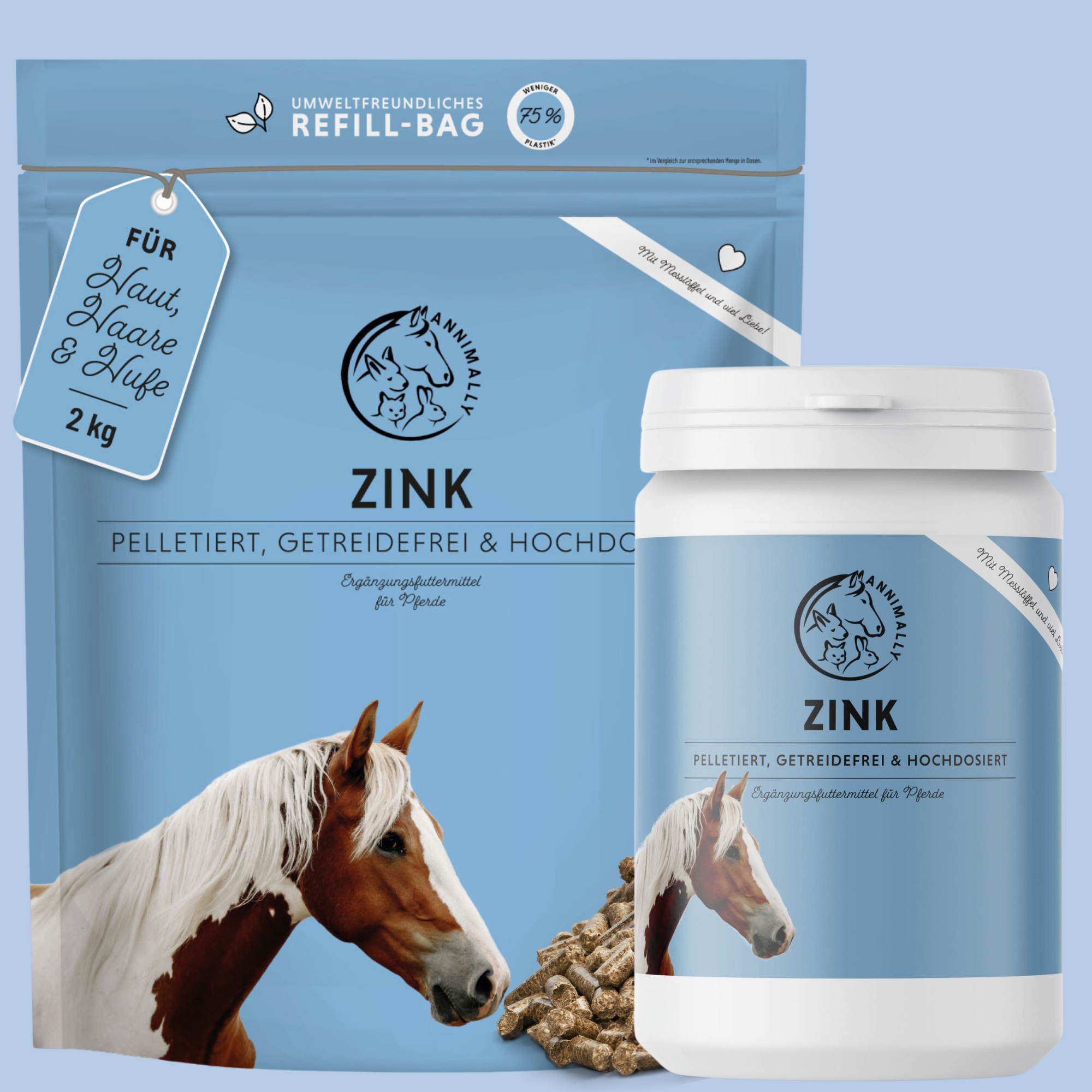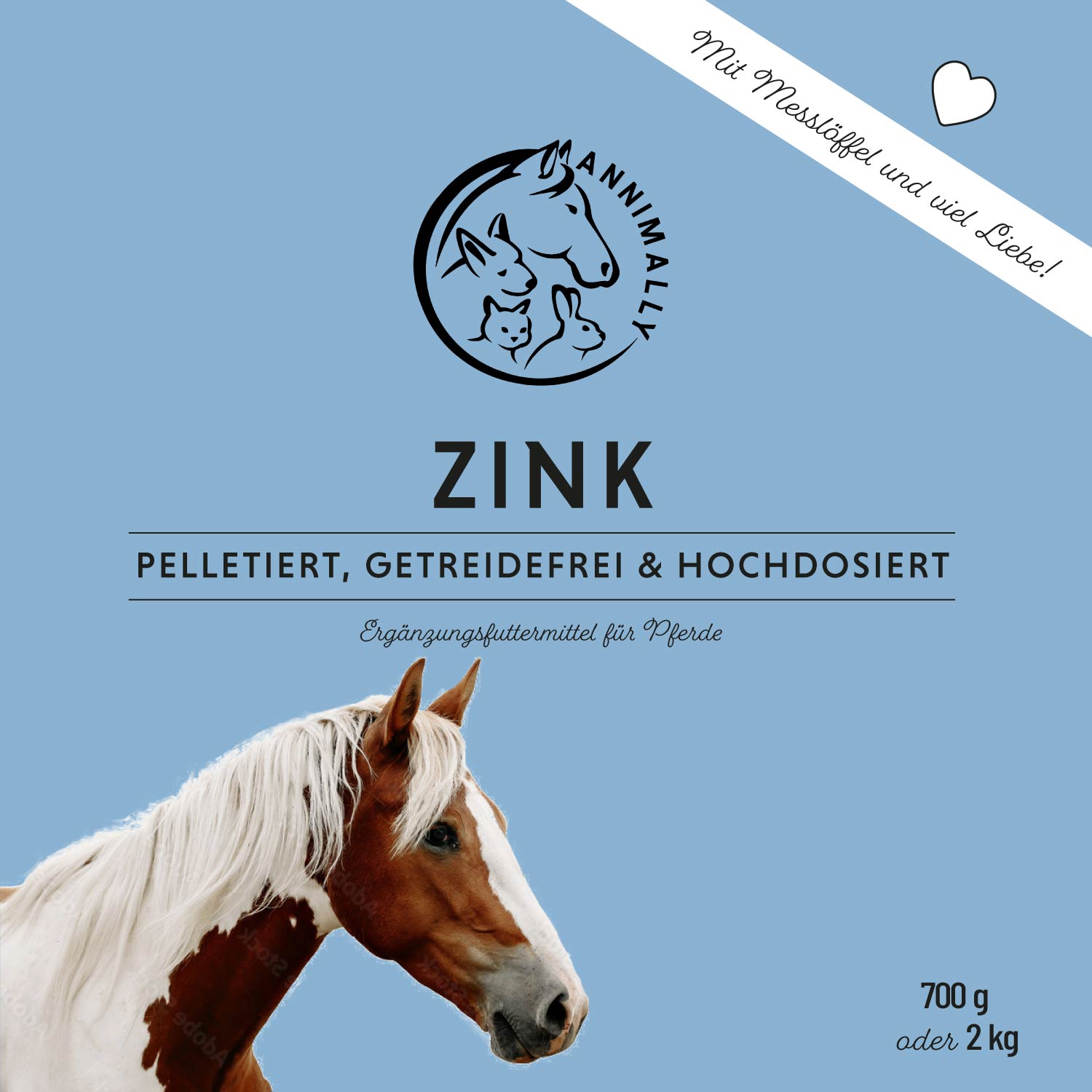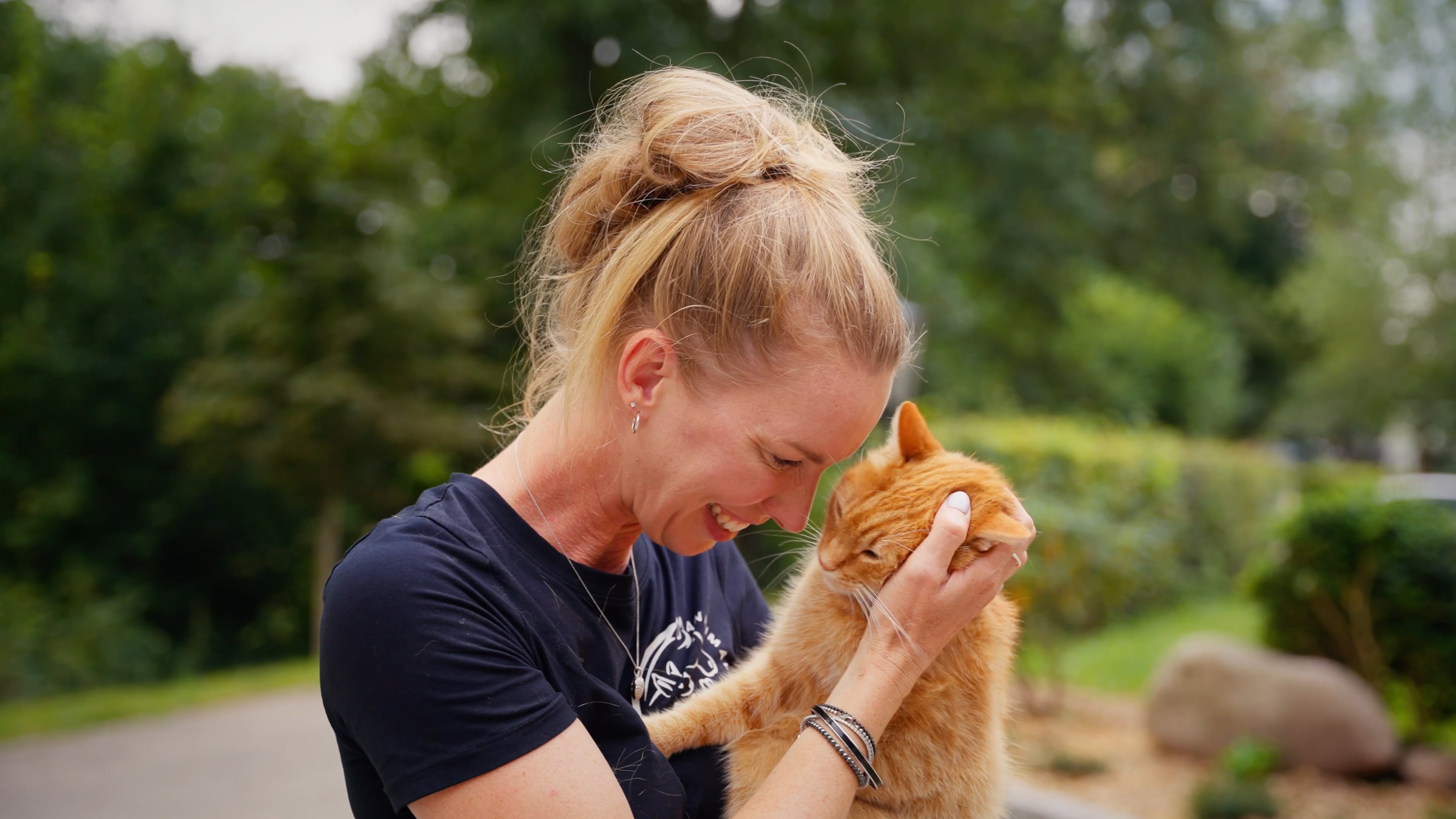Article: Corn for horses: energy booster or fattening agent?
Corn for horses: energy booster or fattening agent?
If you want to feed your horse the best possible nutrition, sooner or later you'll have to deal with one issue: corn in horse feed. Many horse owners are faced with the question of whether and how corn is suitable as an energy source, which form of administration is best, and whether there are alternatives.
In this article, you will receive a comprehensive overview of corn for horses, including advantages, disadvantages, and recommendations for feeding – whether for sport horses, leisure partners, or seniors.
Corn as a fodder crop: origin and importance
The variety of corn we know today originally comes from Central America. Today, the corn plant is one of the most important forage crops worldwide—not only for humans, but also for horse feed. Corn is one of the grains with a particularly high energy content, making it a popular ingredient in horse feed—especially as a concentrate in the feeding of sport horses.
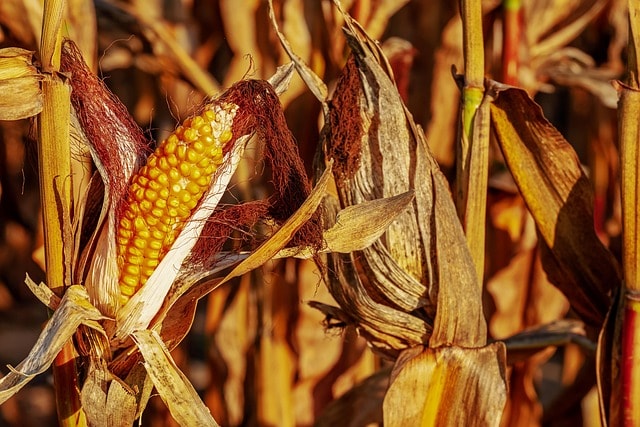
What makes corn so interesting for horses?
The greatest advantage of corn is its high starch and carbohydrate content. This makes it a real energy source for horses with increased energy requirements, such as during intensive work, sports, or convalescence. The energy content of corn is significantly higher than that of oats or barley, making it particularly attractive for sport horses.
However, this high energy density also has a downside – corn can quickly become fattening if you don't adjust the amount exactly to your horse's needs.
Corn forms in horse feed: What variants are there?
There are different forms of corn, each with its own advantages and disadvantages:
1. maize silage
Corn silage is often used in cattle feed, but can also be used as a hay substitute for horses. However, the pH value is significantly lowered due to fermentation, which not all horses tolerate well. Furthermore, hygienic quality is crucial – mold or improper fermentation can quickly become a problem.
2. corn flakes
Corn flakes are thermally processed corn kernels. The processing process makes the starch more digestible, which relieves the strain on the horse's large intestine. This form is particularly suitable for sport horses, as the energy is quickly available. When purchasing, make sure you choose good quality and a short delivery time to ensure the corn flakes arrive fresh.
3. corn cobs
Corn cobs are similar to the well-known grass cobs and consist of the entire corn plant, including the cobs and leaves. They are suitable as a single feed or as a single feed to supplement roughage and provide structural components in addition to starch. They can also be a useful alternative to conventional grain.
4. Whole corn kernels
In their natural form, corn kernels are difficult for horses to digest. They must be broken down (e.g., by crushing or cooking) to prevent digestive problems in the large intestine.
Corn compared to other grains
If you compare corn, oats and barley, you will see clear differences:
|
Grain |
Energy content |
Protein content |
digestibility |
|---|---|---|---|
|
corn |
High |
Small amount |
Medium (raw) / High (open-minded) |
|
Oats |
Medium |
High |
High |
|
barley |
High |
Medium |
Medium |
Corn is high in energy but low in protein. This is especially beneficial if your horse is already suffering from a protein excess—a common problem with too much green forage or clover.
Which horses are suitable for corn?
Not every horse benefits equally from feeding corn. Here's an overview of useful applications:
-
Sport horses : high energy requirements, fast carbohydrates welcome
-
Underweight horses : for healthy development
-
Old horses : in an easily digestible form such as corn flakes
-
Horses with protein surplus : corn as concentrated feed with low protein content
For which horses is corn less suitable?
-
Easy-feeding horses or Robust breeds : high risk of weight gain
-
EMS horses or with Insulin resistance : unsuitable due to the high starch content
-
Horses with metabolic diseases : consultation with the veterinarian is mandatory
How much corn can a horse eat?
The optimal amount depends largely on the horse's energy needs, work intensity, and weight. Rule of thumb:
-
Recreational horses : max. 0.5 kg corn/day
-
Sport horses : depending on performance up to 1.5 kg of maize/day possible
-
Always in combination with sufficient roughage such as hay
Corn should never be the sole feed. A balanced ration contains roughage, mineral feed, and—if necessary—an adjusted amount of concentrate such as corn.
Preparation & feeding: What you need to pay attention to
-
Always feed corn in an open form (e.g. as corn flakes or crushed)
-
Always feed slowly to allow the colon to get used to the starch
-
Always store corn in a dry and mold-free place
-
Pay attention to price, quality and delivery time when it comes to feed
Conclusion: Is corn a good horse feed?
When used correctly, corn can be a valuable component of a horse's diet. Its high energy content and low protein content are particularly beneficial for sport horses and during periods of increased energy demand. As a single feed or as a component of concentrates, it offers a useful supplement to roughage.
However, it's important to always consider your horse's individual situation: workload, temperament, health status, and nutritional status all play a key role. Excessive or incorrect feeding of corn can quickly do more harm than good – keyword: fattening.
